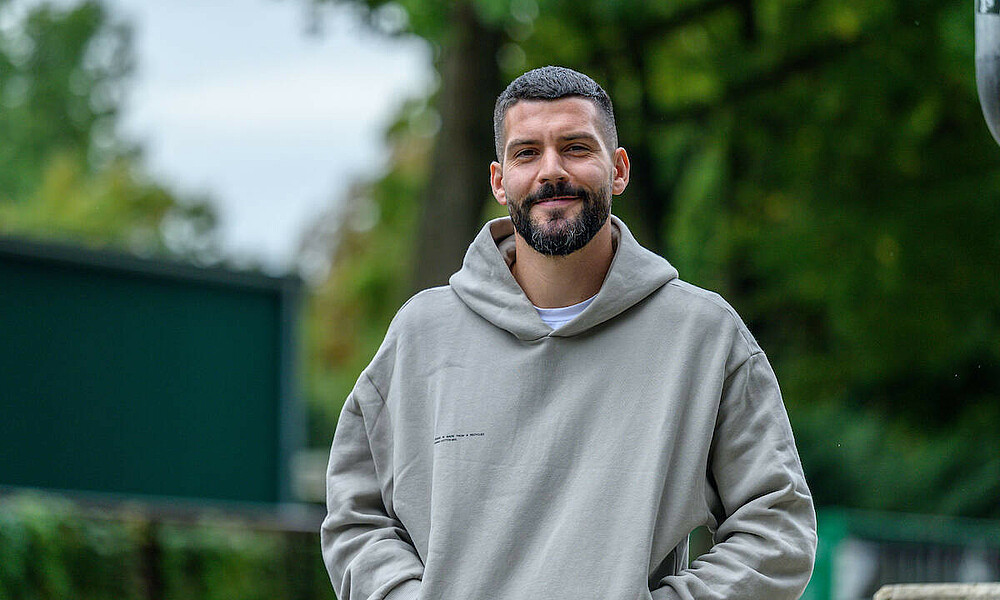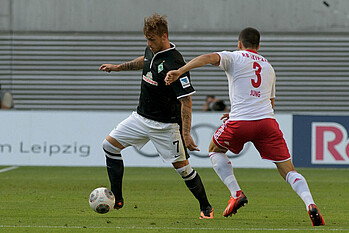You were on loan at Ingolstadt from RB Leipzig…
Anthony Jung: “Looking back on the conversation I had then, I would still choose to go to Ingolstadt. I had played 23 times for Leipzig in the second division, but most of those appearances were from off the bench. We then managed to get promoted. In order to play more, the move to another Bundesliga team, in this case Ingolstadt, made perfect sense to me. Unfortunately, this plan didn’t work out too well. I was relegated with Ingolstadt.”
Why did you choose to move to Denmark after that season at Ingolstadt?
Anthony Jung: “Firstly, I only had limited options in Germany. The other reason was that Alexander Zorniger, who I knew from my time at Leipzig, was the person that got in touch from Bröndby. He rang me up, however initially Denmark wasn’t something I was prepared to think about and I decided against going there. Relatively late on in the transfer window though, I changed my mind, mainly because I knew I would be playing under a coach that knows me and trusts me.”
What was the football in Denmark like?
Anthony Jung: “It’s pretty physical. The referees let a lot go, a bit like in the Premier League. The top of the league has a lot of quality, though it falls away further down the table. Football is important in Denmark. Bröndby IF is a great club with an amazing fan culture. The people live for football there. The derbies against FC Copenhagen were always incredible and great fun to play in.”
The second part of our interview with Anthony Jung will see him reflect on his first few months at Werder, his expectations upon arriving and his love for dogs.











